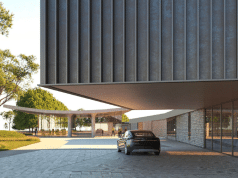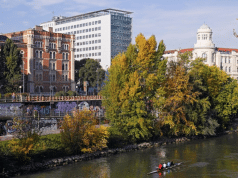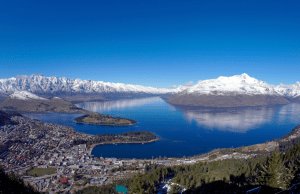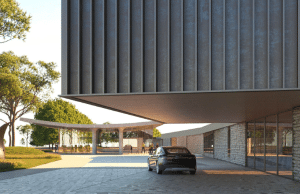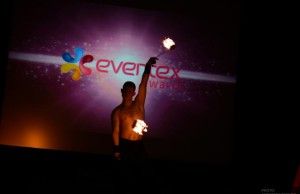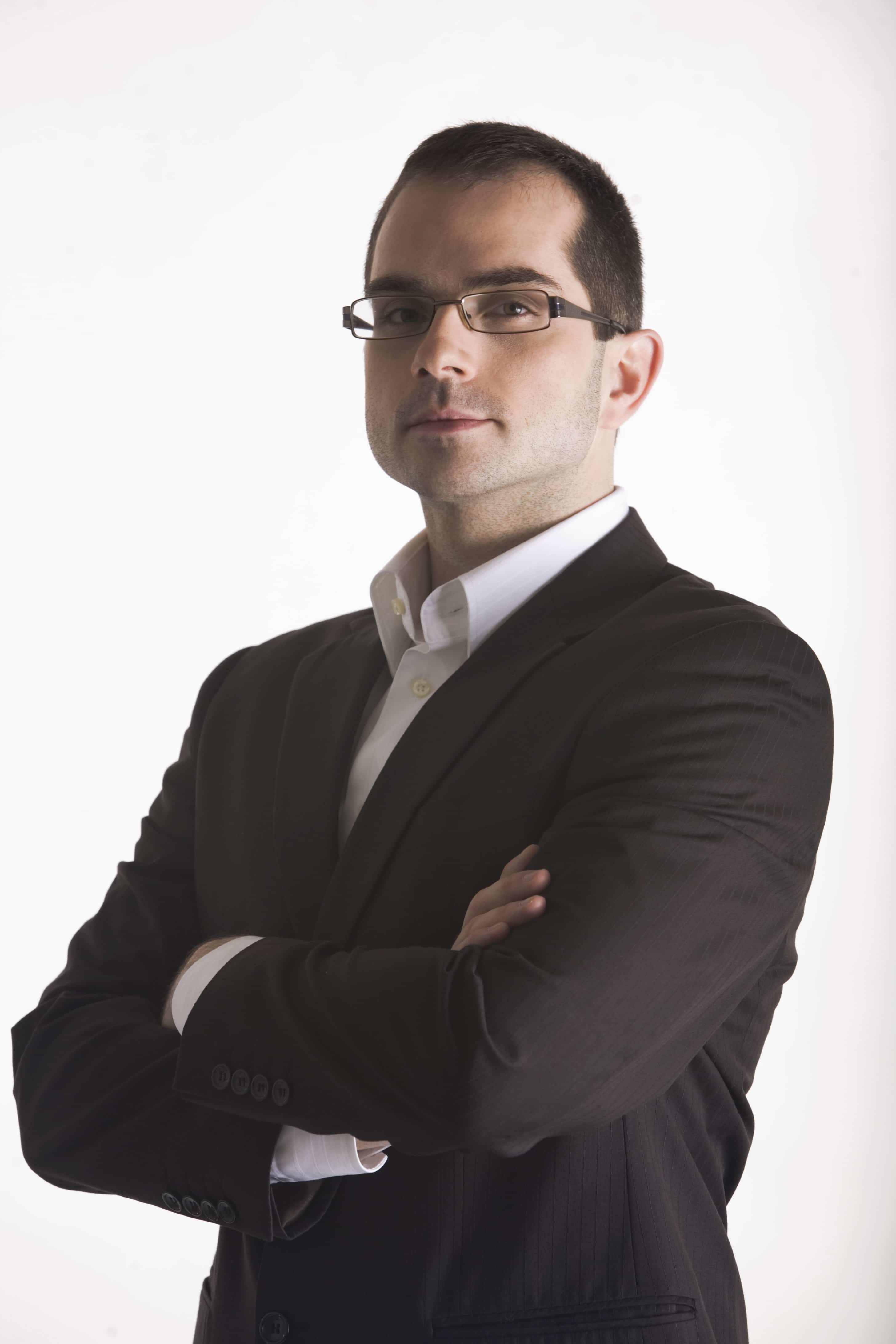
“I am proud that the meetings industry in Serbia shows great support”
Q: What would you highlight as the biggest achievement of the Serbia CVB in the past decade?
Our Bureau is part of the NTO Serbia, and ten years is a really long period, so many things have happened. First, we managed, together with our industry, to reach huge growth in the number of international association meetings and for the last 7 years to maintain a presence among the top 50 destinations in the world. Second, I am proud that the meeting industry in Serbia shows great support for all joint sales and business development activities, and this partnership is a base for all further growth. And finally, I am proud of the activities implemented by the bureau that are based on fully recognised and accepted international standards.
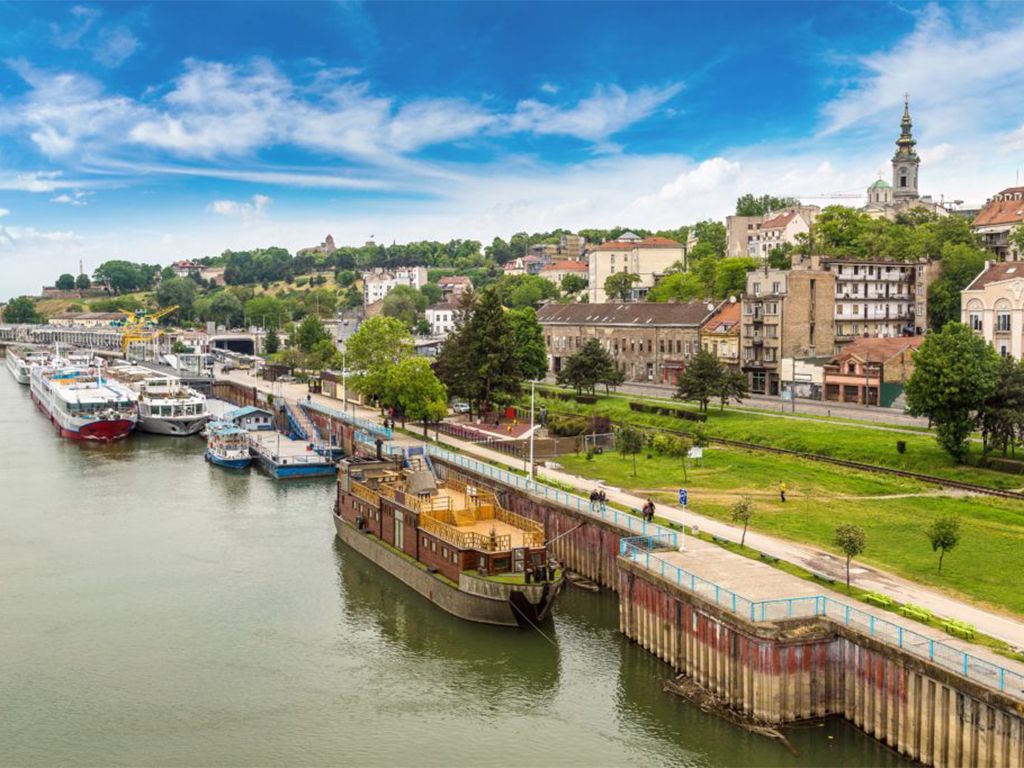
Q: What were the greatest challenges of the Convention Bureau in the past?
The greatest challenges were simultaneously opportunities. Bureau was developed from scratch, with no previous systems and knowledge to apply. That made things harder to do, more time intensive, but it also gave my team and me the opportunity to increase our know-how and to think comprehensively, forward and outside the box. We managed to fully develop a bidding system, with over 50 confirmed international meetings in the last 3 years alone, but we are going a step further and highlight the increasing capacities of our local organisations. Another challenge was to develop activities in the corporate market, and although resources are limited, together with our hotels and DMC, we did this too.
Q: Belgrade is ranking higher every year among the European congress destinations. What more needs to be done to climb even higher in the rankings?
Belgrade is one of the leading capitals in the entire region. Great hotel infrastructure has been developed and is still under development, and this increases the quality and service levels. We expect that our congress centre will undergo a period of reconstruction soon. We have great air connections with a brand-new airline. To increase our international ranking in the association and corporate market, we now need to focus more on joint business development tools, such as sales calls and workshops, in order to present new and different destination experiences to clients. Also, we will put more emphasis on the creation of new leads and congress ambassadors.

“We tried to position the Bureau as an umbrella entity that unifies meeting industry stakeholders”
Q: What can Serbia offer congress delegates that no other destination can?
At the end of the day, I am of attitude that all congress destinations can offer pretty much the same elements – hotels, venues, congress centres. But the difference is hidden behind two steps. The first step is all about destination experiences. This means that we need to identify WHY one destination is different from another destination. The second step is all about knowing how to sell it. I see in the marketing that this is the situation not just in Serbia but in the entire region and throughout Europe, whereby the biggest stakeholders (such as chain hotels or congress centres) use passive sales tactics. This gives new destinations and new service providers the opportunity to be different in sales activities.
Q: How would you describe the cooperation between the public and the private sector in developing congress tourism in Serbia?
The key strengths of the meeting industry in Serbia is private-public cooperation. On the one side, we tried to position the Bureau as an umbrella entity that gathers and unifies meeting industry stakeholders around the same goals and ambitions, and on the other side, the meeting industry is developing so fast and that represents the extra wind for the Bureau as well. In front of international clients, we stay together in order to provide the best possible event platforms. Of course, all Bureau activities are prepared and implemented according to previously made agreements, so everyone can see and feel the benefits.
Q: How has the development of congress tourism affected the perception of Serbia?
We understood that meetings mean more than business and economic effects. Therefore, we are trying to emphasise all the branding effects that international meetings give to a destination. By hosting a European or world congress in a certain field, Serbia immediately becomes one of the top destinations in a given field, and this is something that brings benefits in a long-term and sustainable way.
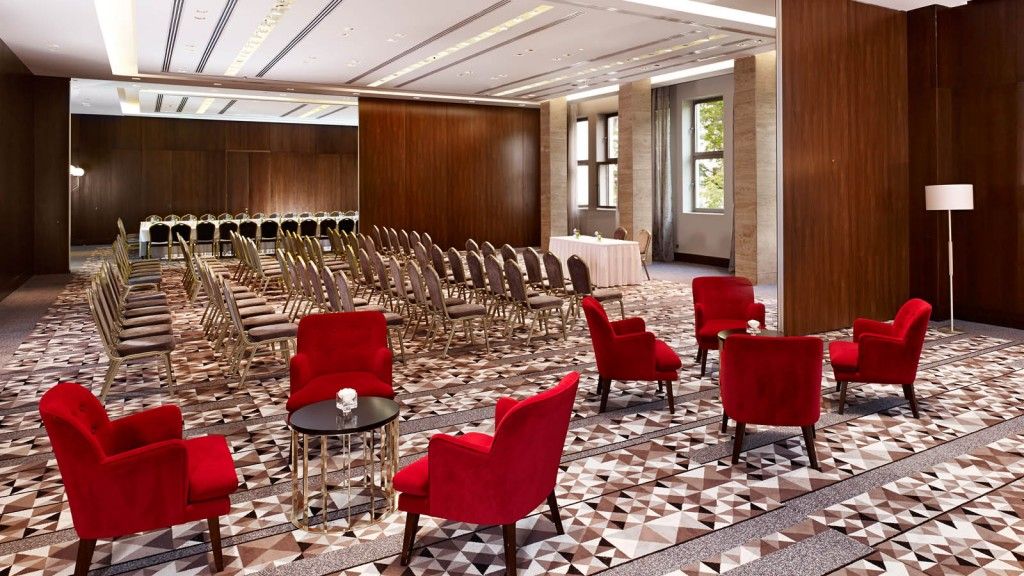
“Any Bureau that hides behind limited budgets only has an excuse for low results”
Q: In your dissertation, you stated that congress tourism is a “quick win” strategic product for Serbian tourism. Can you please explain that?
A “quick win” status of congress tourism in Serbia resulted from the fact that certain congress infrastructure already existed and that hotel infrastructure is growing. And “the only” thing we need to do is to “wrap it up and sell it”. Of course, it is not that easy.
Q: What is your marketing strategy and how important is marketing, in your opinion?
My attitude is that any Bureau that hides behind limited budgets only has an excuse for low results. In the real-case scenario, the results of the Serbia Convention Bureau are reached through the level of know-how and expertise, on meeting industry support and on local association strengths. Therefore, the marketing we do is 100% one-on-one marketing. On the other hand, in order to reach a more global visibility, one needs to invest in proper marketing and a brand campaign. As long those are based on adequate platforms, it’s all good.
Q: And now about you personally… what are your biggest challenges in your position at the Convention Bureau and at the Faculty?
I have the privilege to work doing what I like the most – being a professor at the University of Belgrade-Faculty of Economics, and being involved in the proactive selling of Serbia as a congress destination. I managed to combine theory and practice in order to give 200% to the students and clients. The challenge is that we work with people. People need energy. So, I need to balance positive energy for the people that deserve it (students always deserve it) and great clients and colleagues, but to be careful not to spare it on the ones that are not true professionals.



